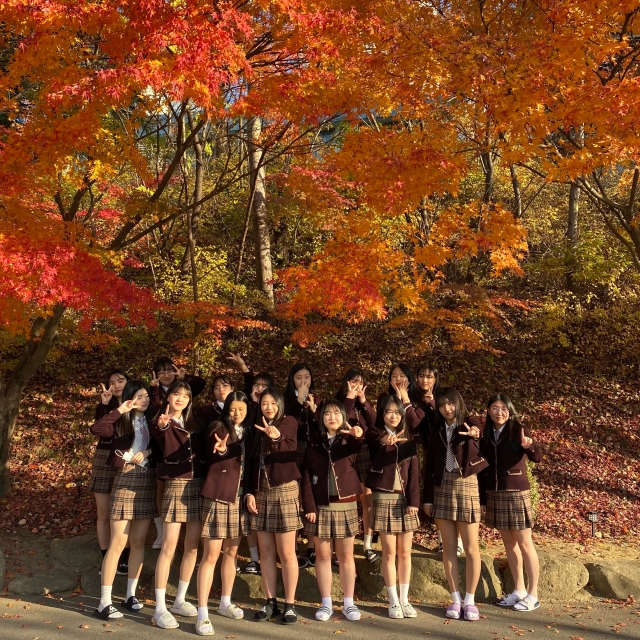[선발]ING-영자신문
저희 동아리는 근영여고 대표 영자신문 동아리로, Geunyoung English Times를 발행합니다. 영어로 신문을 만드는 활동만 하는 것이 아니라 영어권 지역의 문화를 학생들과 나누고 전 세계의 이슈들을을 영어로 전달하는 활동을 하는 아주 멋진 동아리입니다.

Reasonable consumption, fair trade |
|||||
|---|---|---|---|---|---|
| 이름 | 안혜령 | 등록일 | 19.10.18 | 조회수 | 200 |
|
?"Reasonable consumption, fair trade" 20123 Jo Yang-il Today, we just bought chocolate and coffee, which are readily available at convenience stores and supermarkets, and nobody cared about the production process behind it.Cacao, the main raw materials of chocolate, is produced mainly in many African regions, including Ghana and Napal, and most of the harvest of this cacao fruit is done by children, who work hard in poor conditions for 100 hours a week and 14 to 15 hours a day, and their wages are less than 2400 won a day.These children are sold for human trafficking, and few of them have eaten chocolate while working on the cacao harvest.In addition to this, coffee is Five companies account for 70% of the world's trade volume, and these are examples of unfair trade.In order to prevent such unfair trade, fair trade means "a form of trade that provides more favorable trade conditions to producers for the sake of economic independence and sustainable development of developing countries."The implementation of this fair trade began after the civil movement of the 1960s and became widespread among the public in the 1980s with the coalition of various groups.In Korea, fair trade was introduced in 2003 when 'Beautiful Store' sold handicrafts from Nepal and India, and now 10 organizations including Asia Fair Trade Network and Beautiful Coffee are participating.The 10 principles of fair trade are 'providing opportunities for economically marginalized producers', 'transparency and accountability', 'fair trade practices', 'payment of fair prices', 'assurance of child labor and forced labor's prohibition of discrimination, gender equality, guarantee of freedom of association', 'good working conditions', 'support the capacity of producers', 'promote promotion of fair trade' and respect.Fair trade products produced based on these principles are mainly imported through direct trade.There are five major fair trade items such as coffee, chocolate, tea, sugar, and cotton. Clothing and bedding are also traded.Fair trade certification marks were first implemented in 1988 and are widely known as 'FAR TRADE' and 'FTO' registered by the FLO in 2002.Fair trade has recently received renewed attention in the 'environment' field.This is because large amounts of pesticide are used to grow cigarettes, coffee, and cotton.Eleven percent of the world's pesticides are cotton farming, and more than 20,000 people die a year from pesticides.These things make it even harder for farmers.However, according to the survey conducted by the Korean office of the International Fair Trade Organization, there were fivefold less social adverse effects of soil pollutants, water pollution, and greenhouse gas emissions than normal cotton.In the land use areas, fair trade cotton showed a slightly higher ratio, but it did not show any major problems in terms of cost.This not only helps producers but also promotes eco-friendly consumption.From now on, we need to promote desirable consumption, such as using products with a fair trade certification label, to sympathize with the pain of producers hidden in the production process of products rather than to assess quality and taste when we purchase product.
|
|||||
| 이전글 | A Domestic Airline And A Foreign Airline |
|---|---|
| 다음글 | Plundered Cultural Assets |